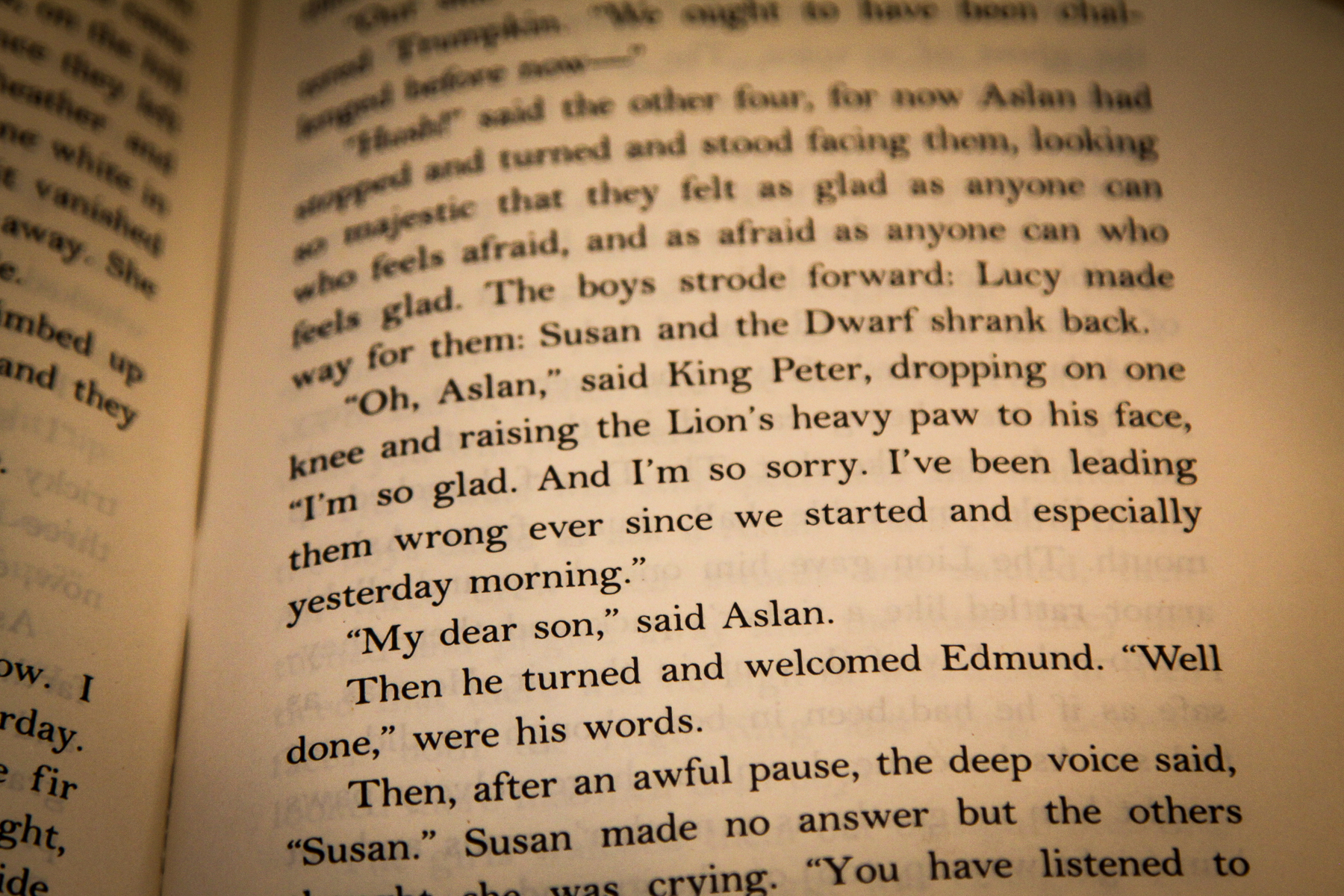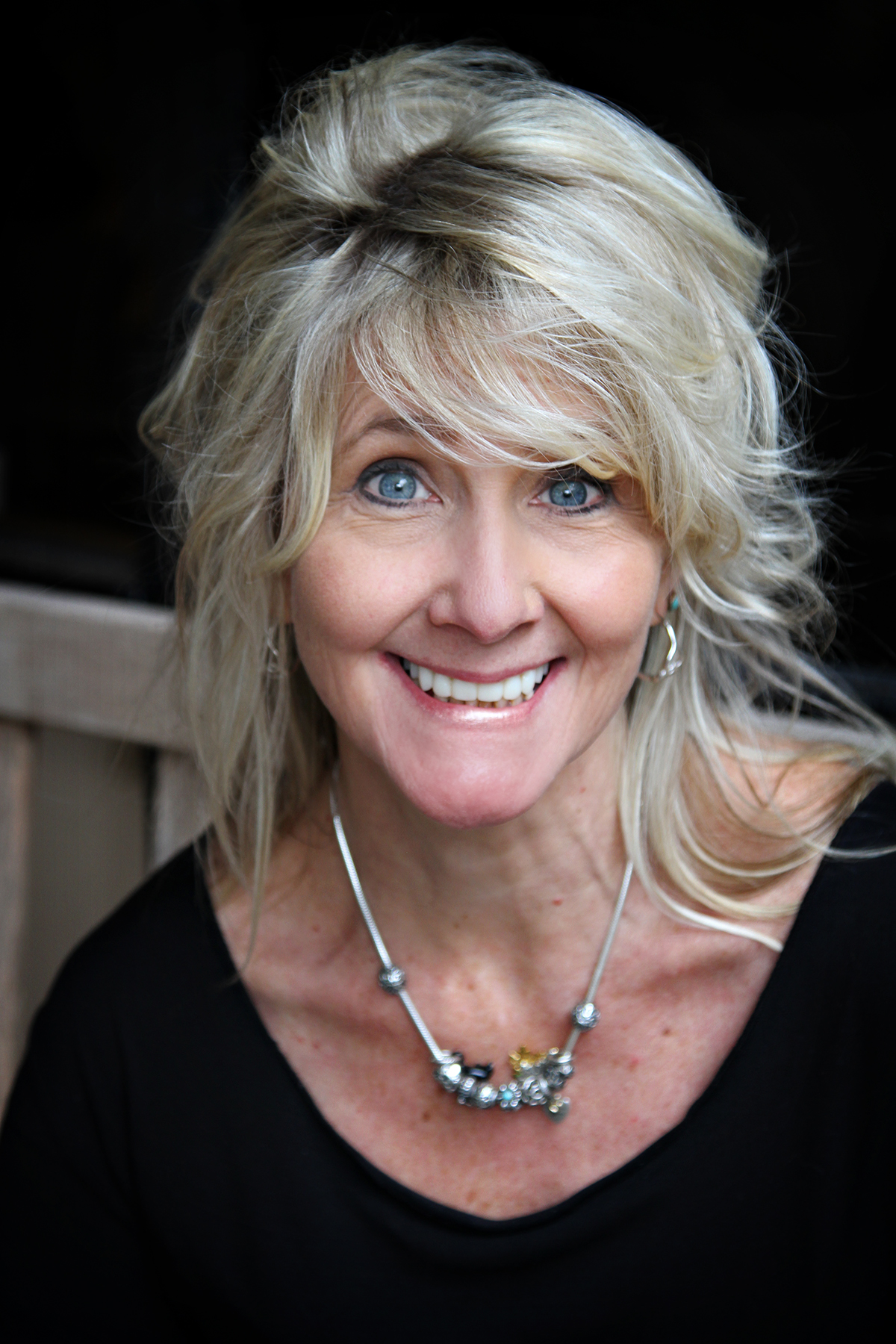The Cultivating Reader – Literary Leaf-Mould provides a fresh source of recommended books gathered from classic and contemporary Christian authors. I will introduce you to varied genres through the ages – classic literature, poetry, myth, and inspiring non-fiction. You will also find a good cookbook here and there, because breaking bread together over a good read builds fellowship. My prayer is for you to set aside time alone and with friends to linger over good words and good food.
![]()
“Hope is one of the Theological virtues. This means that a continual looking forward to the eternal world is not (as some modern people think) a form of escapism or wishful thinking, but one of the things a Christian is meant to do.”
— C.S. Lewis, Mere Christianity
Welcome back to my library and this season’s topic of hope! Have you ever wondered what prompting encourages us to pick up a certain book, and the author’s message to be precisely what we need? I believe that the Author of Life directs us to earthly writers who speak into the dark night of our souls. This divine direction has happened to me many times.
Years ago, after our infant daughter died, I sank into an angry despondency. There was little comfort in the usual things: food repelled me, normal routines and friendships required too much effort, and reading was difficult. The question “Why?” plagued my mind. I was furious with God. One day, I kicked my Bible under the bed because the words seemed hollow — and I admit that it stayed under my bed for the better part of the year.
And yet, I retained a bit of what I knew about truth, the glimmer of hope remained. This ugly chapter was exactly that — a chapter in my life’s book. I continued to demand that God should explain Himself to me. (Imagine that moxie.) I knew He was present, but I stubbornly refused to read the Bible. As God often does, He sneaks through the “back gate” to reach us, and dear reader, you probably have a similar story. I would not read His book, but I would pick up another book, ANY book. He knew that I’d read C.S. Lewis.
I pulled Lewis’s The Screwtape Letters from my shelf. In an odd way, Screwtape gave me hope in my emotional pit, helping me to see a darker power at play, and I was being ill-used by it. I read Lewis’s The Great Divorce, strongly identifying with the bright ghost who was manipulated by the lizard. My own sin-lizard was wrath, which could not be defeated outside of my own free will. God spoke through the book’s spirits, saying to me, “This is your story, now what are you going to choose?” The cumulative power of Lewis’s writing restored my faint and flickering hope to a brighter, determined glow. The transformation via good literature guided me to “see with myriad eyes,” [1] snapping together the puzzle pieces of my broken soul. I wrapped my mind in the comfort of good books and a strengthened hope slowly returned.
“This hope [this confident assurance] we have as an anchor of the soul [it cannot slip and it cannot break down under whatever pressure bears upon it]—a safe and steadfast hope that enters within the veil [of the heavenly temple, that most Holy Place in which the very presence of God dwells].” — Hebrews 6:19 (AMP)
Most importantly, hope begins and remains where we come to meet God — in the holy of holies, sacred ground. Rest in that assurance and fully dwell in the knowledge that this promise of where our hope resides — unmoving, eternal, not apart from us — brings us behind that veil of the temple. Our hope is secure, incorruptible, and eternal.
Each day, we ‘hope’ in the small things, but these are more of a wish, I suppose. Whether these things are fulfilled or not, we may feel a temporary relief or disappointment. Yet these wishes stand in the shadow of our far greater hope, which is a knowledge of what is real and true, unmoving and fulfilled. Our hope is placed on the altar in the holy of holies. Each day, we can be confident that we can take our raggedy, messy prayers to God.
Many books speak of hope as a goal and provide a list of action items, but the following book list offers an exploration of hope with stories that begin in deepest despair and rise with grace and beauty. My book suggestions for you are encouraging companions that can be your anchor, your defiance against the dark rather than self-help texts with a magical solution. I pray that you will find encouragement in these stories of witness to fuel the flame of your own hope.
- When you are struggling to find meaning in suffering, read Man’s Search for Meaning by Viktor Frankl.
Viktor Frankl was imprisoned and labored in four Nazi concentration camps from 1942-1945. He lost his family and his freedom, yet survived by finding meaning, and even beauty, in his daily suffering. He writes that “it did not really matter what we expected from life, but rather what life expected from us.” His work of resistance against despair, finding purpose each hour to vanquish hopelessness, is a guiding light. Frankl will radically change your perspective on suffering.
- When life doesn’t make sense, read No Cure for Being Human by Kate Bowler.
I first heard Kate on a Trinity Forum broadcast, and her message about pain, difficulty, and defiant hope inspired me. Diagnosed at age thirty-five with stage-four cancer (currently in remission), she wrote, “Life is so beautiful and life is so hard.” Reckoning that thought in a culture that only wants to validate exhaustingly positive platitudes is good, healing work. Bowler’s writing is emboldening!
- If you are wondering if goodness will come from this dark passage in your life, read Help, I’m Drowning: Weathering the Storms of Life with Grace and Hope by Sally Clarkson.
We love sharing stories about victory over challenge, especially when navigating difficult life-seas. If you think back, those bleak times provide opportunities for spiritual growth, priceless lessons, and fruitfulness. Clarkson tells us that “it has taken me a lifetime to learn the truth about what it means to suffer in this world and yet live to see the grace of God.” Her encouragement offered through her personal stories feels like sitting down to tea with a good friend, gleaning wisdom and hope for your own life.
- Yes, there is an art to suffering. To understand this idea, read The Deepest Place – Suffering and the Formation of Hope by Curt Thompson, MD of Psychiatry.
Do you look upon the lives of Paul and the apostles in utter amazement of their uncompromising, unflinching faith? Suffering teaches us perseverance, security, and hope, which sharpens our faith. Thompson blends scriptural examples with his professional knowledge to comprehend God’s unfailing love through the inevitable valleys in life.
- To be reminded of the overwhelming beauty embedded in this realm, pointing us to our true home, read The Weight of Glory by C.S. Lewis.
Lewis wrote, “if we are made for heaven, the desire for our proper place will be already in us, but not yet attached to the true object…,” my favorite reminder that the world’s brokenness is temporary. If we would welcome more awe and wonder, there would be less room left for discouragement and hopelessness. In this address (approximately 20 written pages) given by Lewis in Oxford, June 8, 1941, he shifts our attachment from this world, reminding us of the transcendent hope and beauty that is true and where our hearts yearn to be.
- If you desire to live more fully now while longing for your eternal home, read This Homeward Ache by Amy Baik Lee.
It often seems that our most transcendent emotions cannot be defined. Homeward longing, Sehnsucht, and melancholy label what stirs our souls, but words fail to plumb the depth of yearning wrapped in hope that we feel in our temporary, mortal home. Amy’s book is a feast for the imagination and heart of the fellow traveler who knows the yearning that points to eternity. This book is a call to joyfully live in the longing.
- For read-aloud stories about adventurous animals, brave warriors, and clever dragons, choose Tales from the Perilous Realm by J.R.R. Tolkien.
Modern children’s stories seldom touch on peril and hope in Tolkien’s imaginative style. G.K. Chesterton writes, “The baby has known the dragon intimately ever since he had an imagination. What the fairy tale provides for him is a St. George to kill the dragon.”[2] These fairy stories and poems embody the charm of a bygone era, written in glorious prose.
We abide in God’s promise, “answering sorrow with beauty” in defiance of the darkness that threatens to overtake us. Hope is a spear that pierces the darkness, allowing the light back in. I pray that these books act as companions in your journey. The light, my friend, will shine in the darkness and darkness will not overcome it.
“But in reading great literature I become a thousand men and yet remain myself. Like the night sky in the Greek poem, I see with myriad eyes, but it is still I who see. Here, as in worship, in love, in moral action, and in knowing, I transcend myself; and am never more myself than when I do.”
— C.S. Lewis, epilogue to An Experiment in Criticism
![]()
[1] C.S. Lewis, epilogue to An Experiment in Criticism
[2] G.K. Chesterton, Tremendous Trifles
The featured image, “Page from Narnia,” is courtesy of Lancia E. Smith and is used with her glad permission for Cultivating.
Annie Nardone is a lifelong bibliophile with a special devotion to the Inklings and medieval authors. She is a Fellow with the C.S. Lewis Institute and holds an M.A. in Cultural Apologetics from Houston Christian University. Annie is the Director of Visual Artists for The Cultivating Project and columnist for Cultivating Magazine. She is founding board member, managing editor, and author for the apologetics quarterly, An Unexpected Journal. Her writing can also be found as travel blogger for Clarendon Press U.K., with published poems at Calla Press and Poetica.
She holds a MA in Cultural Apologetics from Houston Christian University, and is a Fellow with the C.S. Lewis Institute. Annie writes for Cultivating, Literary Life, and Clarendon House Books, and is a managing editor and writer for An Unexpected Journal. Annie collaborated on three books in 2022, published by Square Halo Books and The Rabbit Room. She recently designed a curriculum detailing the intersection of theology, the arts, and history and is a Master Teacher for HSLDA. She resides in Florida with her Middle Earth/Narnia/Hogwarts-loving family, and an assemblage of sphynx cats and feline foundlings.
Leave a Reply
A Field Guide to Cultivating ~ Essentials to Cultivating a Whole Life, Rooted in Christ, and Flourishing in Fellowship
Enjoy our gift to you as our Welcome to Cultivating! Discover the purpose of The Cultivating Project, and how you might find a "What, you too?" experience here with this fellowship of makers!


Add a comment
0 Comments